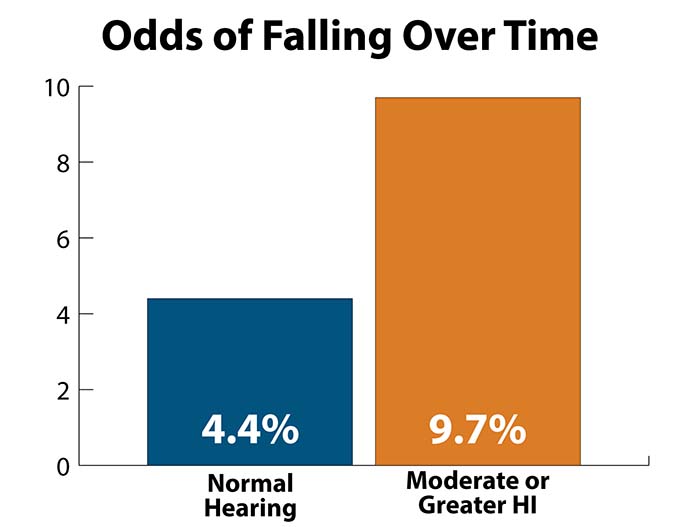Back to school season is an ideal catalyst for kids of all ages to level up lifelong learning. While K-12 curriculum is methodically structured, adult healthcare consumers can elect to examine medical subjects which are personally relevant. In fact, there is a readily accessible array of trustworthy knowledge we all should benefit from. When talented researchers devote careers to publishing evidence-based results in high integrity journals, we should be all ears.
Remarkably, approximately 50-75% of any group of people, including in your Circle of Life, has or knows someone with one or more of these chronic conditions. As a practical matter, getting In the Know with rigorous scientists and proactively applying their findings improves health outcomes.
For empathetic and therapeutic purposes, we study how hearing loss comorbidities (systemic pairings) vary in nature.
Some like…
- Diabetes, raises the probability of having hearing loss.
- Dementia, may increase risks and severity due to hearing challenges.
- Vision Loss, are dual impact, due to sensory deprivation.
- Ototoxicity or, as it translates, medication-induced “ear poison,” may harm auditory acuities.
As shown, compared to individuals with normal hearing, research indicates those with moderate or greater hearing impairment (HI) have measurably greater risks of falling.

This essential study also explored how hearing loss may be associated with frailty, defined as:
- Formally, “a clinical syndrome in older adults characterized by decreased physiologic reserve and weakness that causes an increased vulnerability to stressors.” 1
- In more plain language, a condition of feeling weak and delicate.
The well-respected authors stated:
“As the U.S. population ages, this syndrome will become increasingly prevalent, and therefore, identifying other potentially modifiable risk factors for frailty is important.” 1
Given these imperatives, one noteworthy conclusion about Hearing Impairment (HI):
“Our results demonstrate that moderate-or-greater HI, as measured by objective audiometric testing, is associated with an increased risk of developing frailty in high-functioning, community-dwelling older adults, independent of age, demographic characteristics, and cardiovascular risk factors. Compared with those with normal hearing, older adults with moderate-or-greater HI had a 63% increased risk of frailty.” 1

Potential mechanisms by which hearing loss might increase risks of Frailty & Falls include:
- Shared systemic pathways with, for example, the vestibular or inner ear balance system
- Decreased awareness of the auditory environment, minimizing sensory cues in everyday surroundings
- Attentional resources, when the brain works harder to hear, it has less capacity to maintain postural balance
To aid in reducing risks of Falls & Frailty, best hearing is a wise choice. For reasons of medical necessity, you and your loved ones should periodically get professional hearing tests and evidence-based balance evaluations. With valuable experience teaching us well, we realize optimizing auditory acuities will help you manage activities of daily living more safely.
As you reflect on the vital information we’ve shared, be smart, take it to heart, and schedule an appointment asap. On life’s playground, be Happy to Hear!
1 Kamil, Rebecca J., et al. “Association of Hearing Impairment With Incident Frailty and Falls in Older Adults.” Journal of Aging and Health, vol. 28, no. 4, 2016, pp. 644-660, doi:10.1177/0898264315608730

